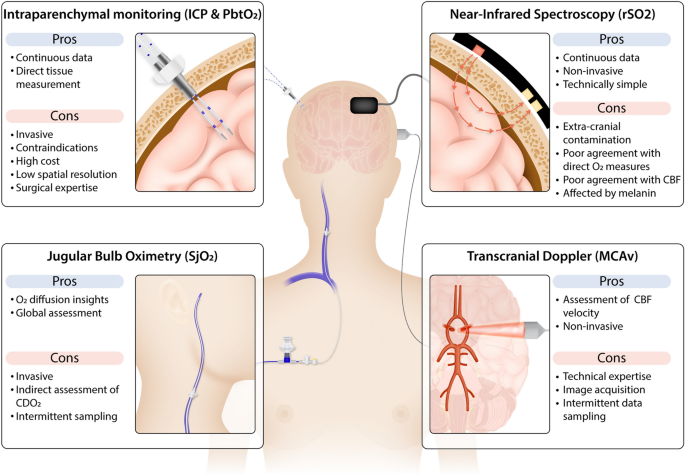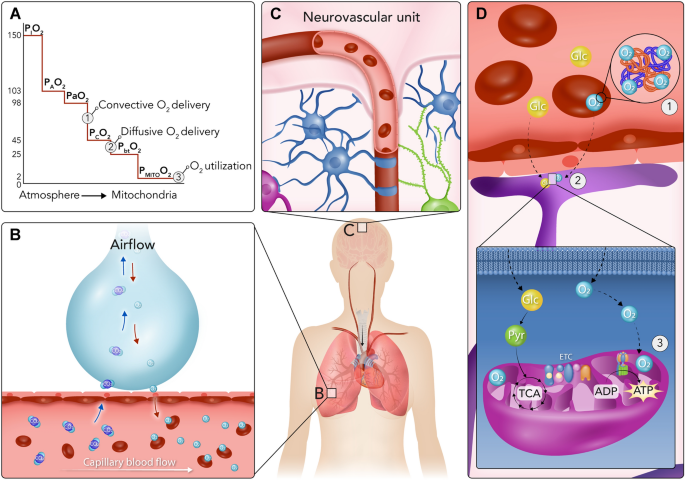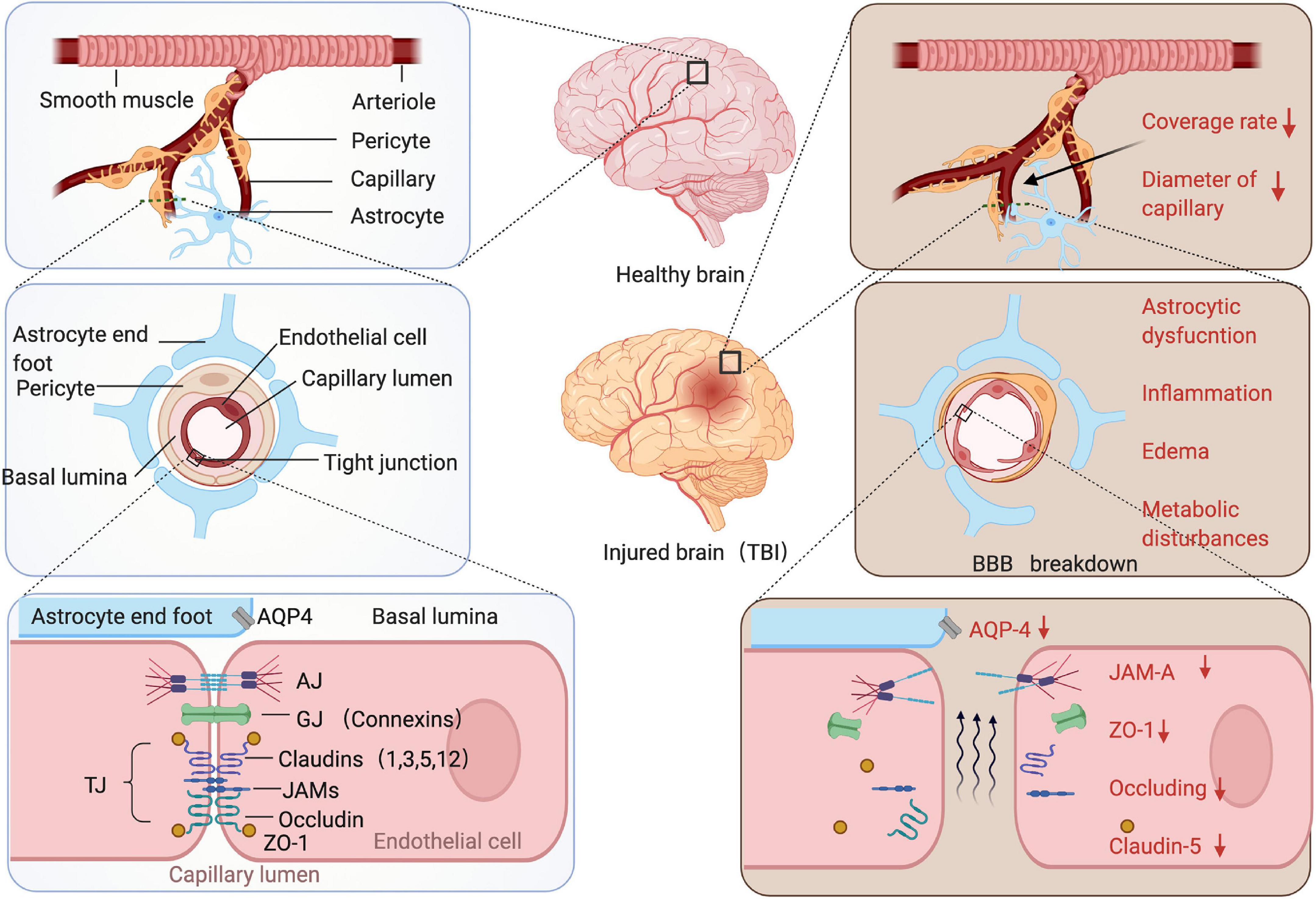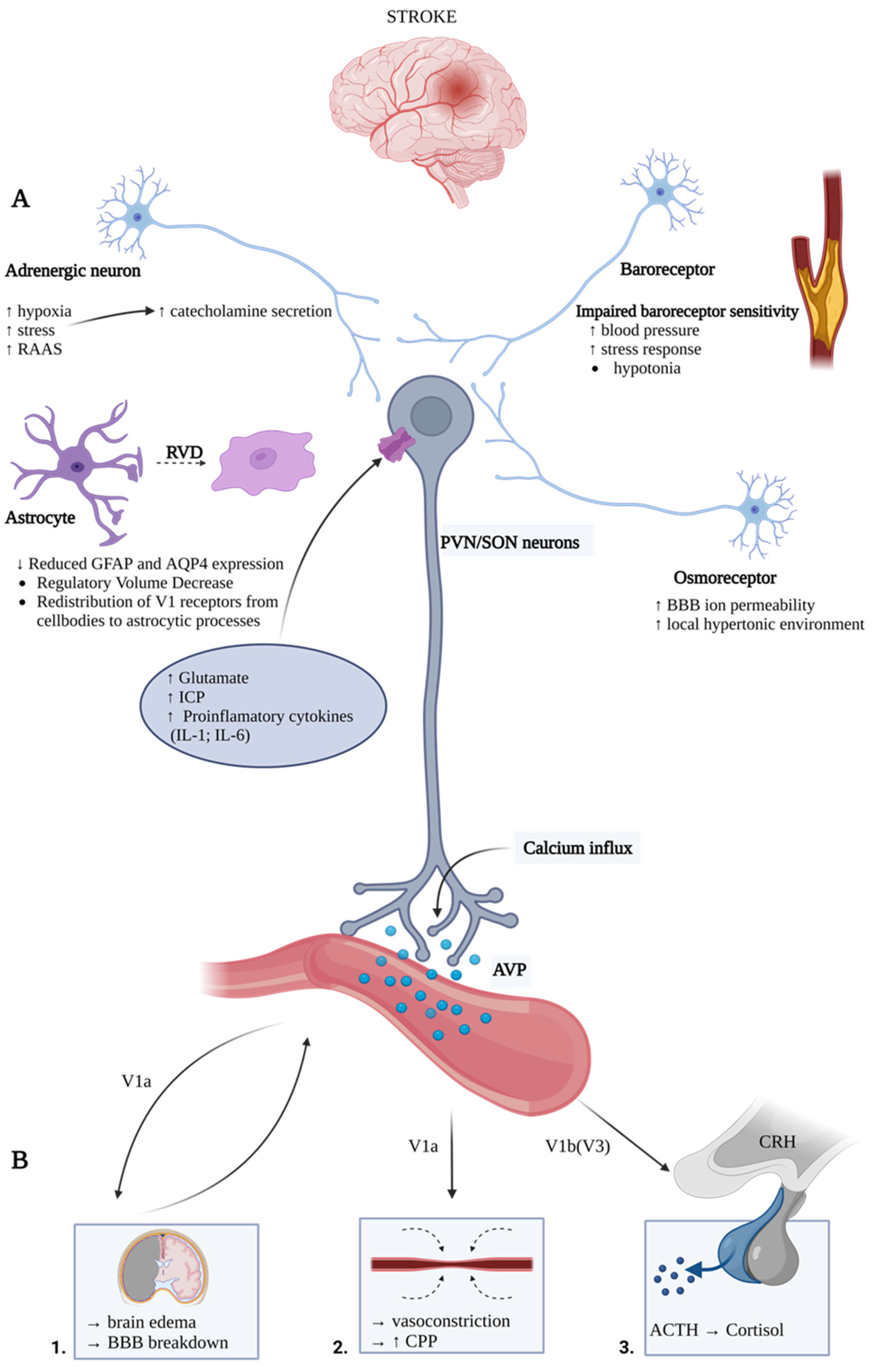Brain Hypoxia Is Associated With Neuroglial Injury in Humans Post–Cardiac Arrest
Por um escritor misterioso
Descrição

Neurologic Prognosis after Cardiac Arrest

Clinical targeting of the cerebral oxygen cascade to improve brain oxygenation in patients with hypoxic–ischaemic brain injury after cardiac arrest

Brain Hypoxia Is Associated With Neuroglial Injury in Humans Post–Cardiac Arrest

Brain Hypoxia Is Associated With Neuroglial Injury In

Brain Hypoxia Is Associated With Neuroglial Injury In

Brain Hypoxia Is Associated With Neuroglial Injury In

Brain Hypoxia Is Associated With Neuroglial Injury In

Epidermal Growth Factor Receptor Inhibition Reverses Cellular and Transcriptomic Alterations Induced by Hypoxia in the Neonatal Piglet Brain - ScienceDirect

The immunology of the post-cardiac arrest syndrome - ScienceDirect

Exploiting moderate hypoxia to benefit patients with brain disease: Molecular mechanisms and translational research in progress

Brain Hypoxia Is Associated With Neuroglial Injury in Humans Post–Cardiac Arrest

The post-cardiac arrest syndrome: A case for lung–brain coupling and opportunities for neuroprotection - Nguyen Mai, Kathleen Miller-Rhodes, Sara Knowlden, Marc W Halterman, 2019
de
por adulto (o preço varia de acordo com o tamanho do grupo)







